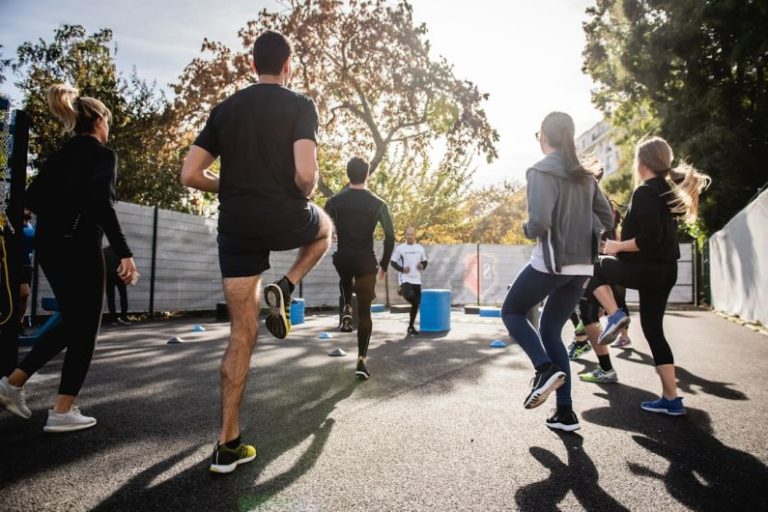Hiking for Health: Benefits and Tips
Hiking is not just a recreational activity; it is also a fantastic way to improve your physical and mental health. The benefits of hiking are numerous, ranging from improved cardiovascular fitness to reduced stress levels. In this article, we will explore the various advantages of hiking and provide you with some useful tips to make the most of your hiking experience.
Health Benefits of Hiking
1. Physical Fitness
Hiking is an excellent way to stay active and improve your overall physical fitness. It is a full-body workout that engages various muscle groups, including your legs, core, and arms. The uneven terrain and elevation changes during a hike also help to enhance your balance, coordination, and agility.
2. Cardiovascular Health
Regular hiking can significantly improve your cardiovascular health by strengthening your heart and lungs. The continuous movement and elevation changes during a hike help to increase your heart rate, promoting better blood circulation and oxygen delivery throughout your body.
3. Weight Management
Hiking is an effective way to burn calories and support weight management efforts. The varying intensity levels of hiking, such as uphill climbs and brisk walking on flat terrain, can help you burn a considerable amount of calories. Additionally, hiking helps to build muscle mass, which can boost your metabolism and aid in weight loss.
4. Mental Well-being
Hiking in nature has been proven to have a positive impact on mental health. The tranquility of natural surroundings, fresh air, and exposure to sunlight can help reduce stress, anxiety, and depression. Being in nature also promotes mindfulness and relaxation, allowing you to clear your mind and improve your mood.
5. Vitamin D Intake
Spending time outdoors while hiking exposes you to sunlight, which is a natural source of vitamin D. Vitamin D plays a crucial role in maintaining strong bones, supporting immune function, and reducing the risk of certain chronic diseases. Just remember to wear sunscreen to protect your skin from harmful UV rays.
Tips for a Successful Hike
– Start Slow and Gradually Increase Intensity
If you are new to hiking or have been inactive for a while, it is essential to start slow and gradually increase the intensity of your hikes. Begin with shorter, easier trails and gradually progress to more challenging routes as your fitness levels improve.
– Wear Appropriate Gear
Invest in proper hiking gear, including sturdy hiking boots, moisture-wicking clothing, a backpack with essentials like water, snacks, a first aid kit, and a map or GPS device. Dress in layers to adjust to changing weather conditions and wear sunscreen and a hat to protect yourself from the sun.
– Stay Hydrated and Fuel Your Body
Hydration is crucial during a hike to prevent dehydration and maintain optimal performance. Carry an adequate amount of water and drink regularly throughout your hike. Pack nutritious snacks like trail mix, energy bars, and fruit to fuel your body and keep your energy levels up.
– Follow Leave No Trace Principles
Respect nature and leave no trace by sticking to designated trails, disposing of waste properly, and avoiding littering. Be mindful of wildlife and preserve the natural environment for future generations to enjoy.
Incorporating hiking into your regular routine can have a transformative impact on your overall health and well-being. By taking advantage of the physical, mental, and emotional benefits of hiking, you can enjoy a fulfilling and enriching outdoor experience while improving your fitness levels and quality of life.
Start planning your next hiking adventure today and reap the countless rewards that this outdoor activity has to offer. Embrace the beauty of nature, challenge yourself with new trails, and embark on a journey towards a healthier and happier you through the power of hiking.






